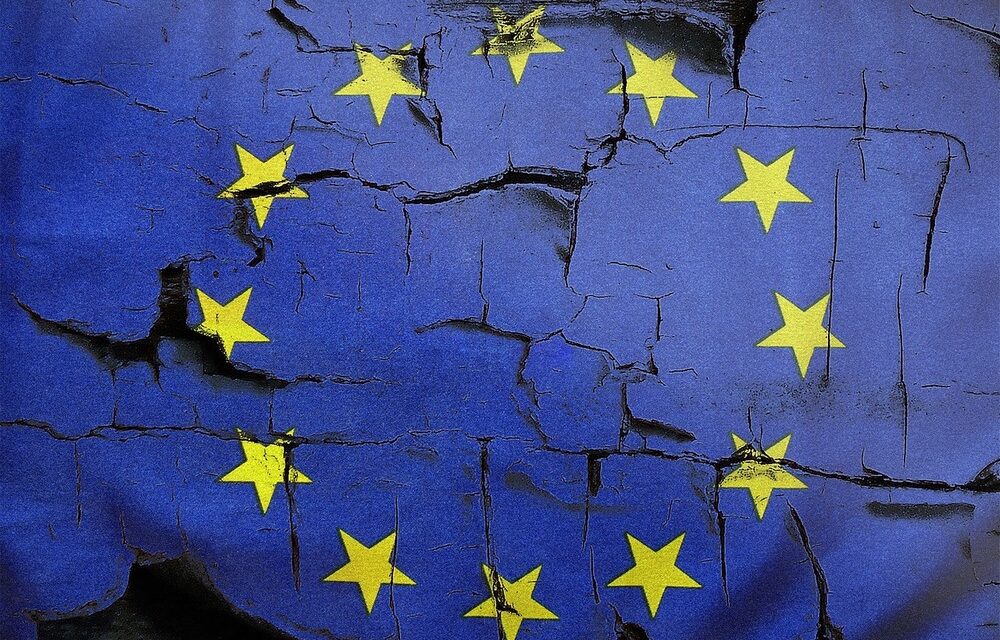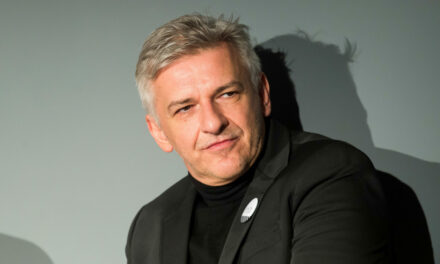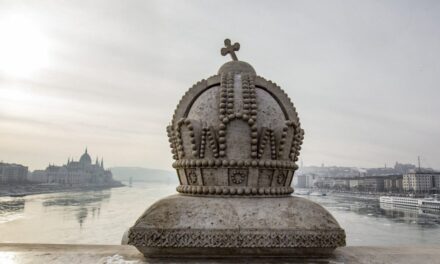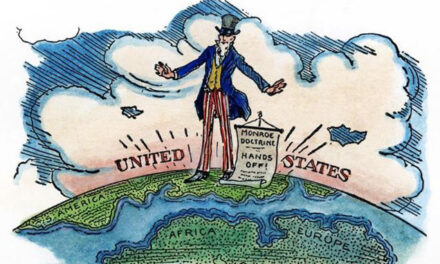It is a fact that the founding fathers did not think in terms of a union of independent nations at all, but rather in terms of federalism, an empire under unified control from the very beginning. The only debate was about the timeframe in which this should be implemented.
That is why they fought with huge forces in the fifties, and it was not long before Jean Monnet's plan, supported by the Americans, the Freemasons, the CIA and global forces, succeeded. What did they support? They did everything to make it happen.
However, in the end they did not succeed - fortunately! – because the French finally said no to the military union, which would have been the starting point and basis of the complete political union, or more precisely, a federation.
Because of this, Jean Monnet resigned from the head of the Union's main authority (now known as the European Commission), and the situation changed.
In 1957, the Treaty of Rome was established, which put the Western European community on a completely different foundation. At that time, the idea of political and military cooperation was somewhat pushed into the background, and from the 1960s economic and commercial cooperation came to the fore.
This worked.
The 1960s brought a real boom in Western Europe, when the welfare state, or rather the social welfare state, was formed, from Germany through Sweden to France.
These were good years for them - we envied them for that - and here it is worth highlighting that after the deliberate removal of De Gaulle - as he did not allow the British to enter the community, because he believed that the United States would also be included, and he really did not want that, maybe he was right - in the 1970s, the good cooperation between the two great powers, France and Germany, made it possible for the Common Market to function effectively.
The cooperation between Chancellor and President of the Republic Helmut Schmidt and Giscard d'Estaing is particularly noteworthy, they were able to create a balance between the Western countries, and the economic and commercial cooperation was revived.
Yes, but from 1985, Jacques Delors became the head of the European Commission, who most strongly represented federalism, and he was already a supporter of the United States of Europe - just like his predecessors such as Monnet, Churchill, Walter Hallstein - and his followers such as later Jacques Santer, Romano Prodi, not to mention Jean-Claude Juncker and our good Ursula von der Leyen...
From that point on, the process that continues to this day began: the Western European powers are increasingly trying to intervene in the affairs of the Central and Eastern European countries, in the most sensitive areas: ideology, value system, private life, traditions , and not least, they are now openly acting against Christianity.
This is intolerable.
That's why I think it's an excellent idea that the EU should return to strictly economic and commercial cooperation in the spirit of mutual benefits, the emphasis should be placed on this, and it should be completely broken with the big boys daring to speak on what principles and we want to live our lives according to values.
In Hungarian: the union must change in order for its operation to make sense!
There is one thing I really want to bring to everyone's attention: the European Union is not Europe itself. The union is nothing, and nothing more, than an institutional system, which sometime after the war, according to the will of American, globalist and federalist groups and elites, was formed into a "something" that is anything but Europe. It is nothing more than a bureaucratic and hierarchical, and even now a corrupt body and office, which is not Europe's shame, but rather Europe's.
Why should we insist on this?
As sovereign states, let's make beneficial economic agreements with each other, keep what was good from the union - for example Schengen - but then forget the rest, because it didn't work.
Europe is falling down, precisely because of the catastrophic operation of the EU institutional system.
Let's stop his fall!
Source: Hungarian Nation
Photo: Pixabay













